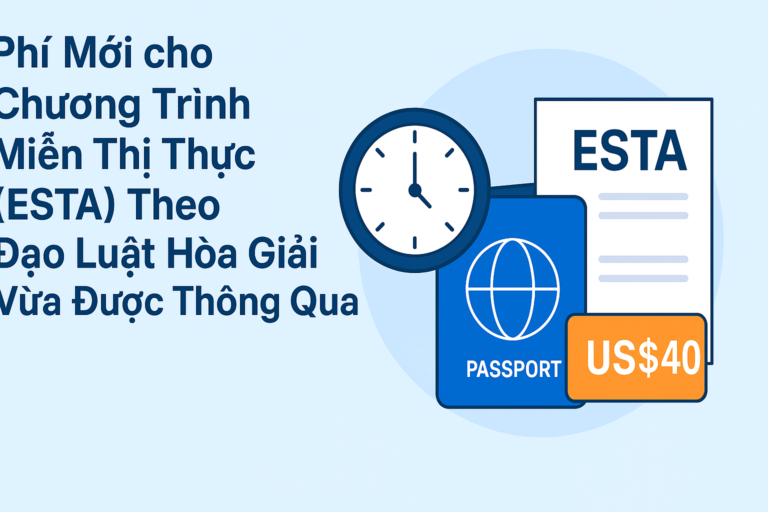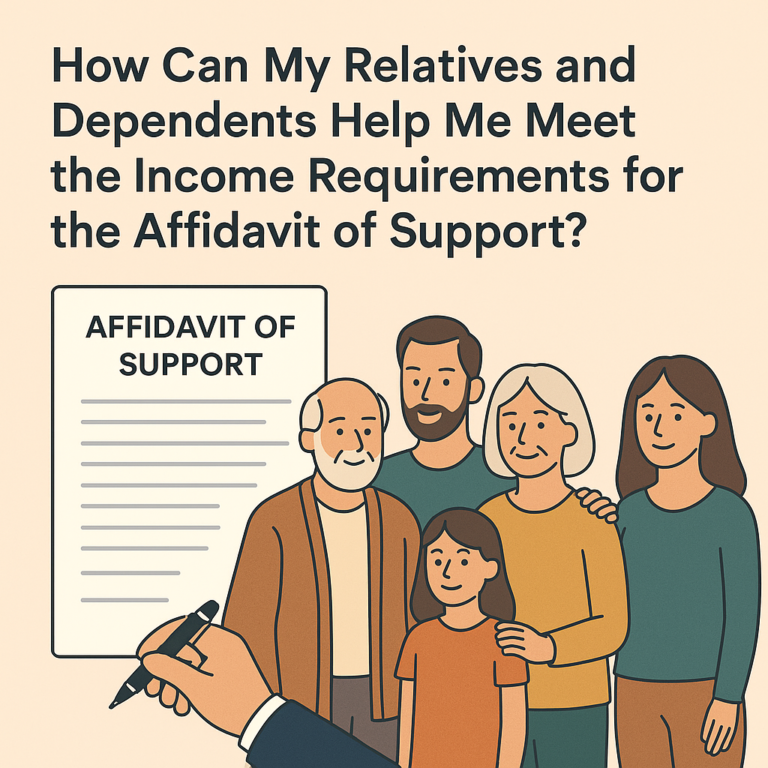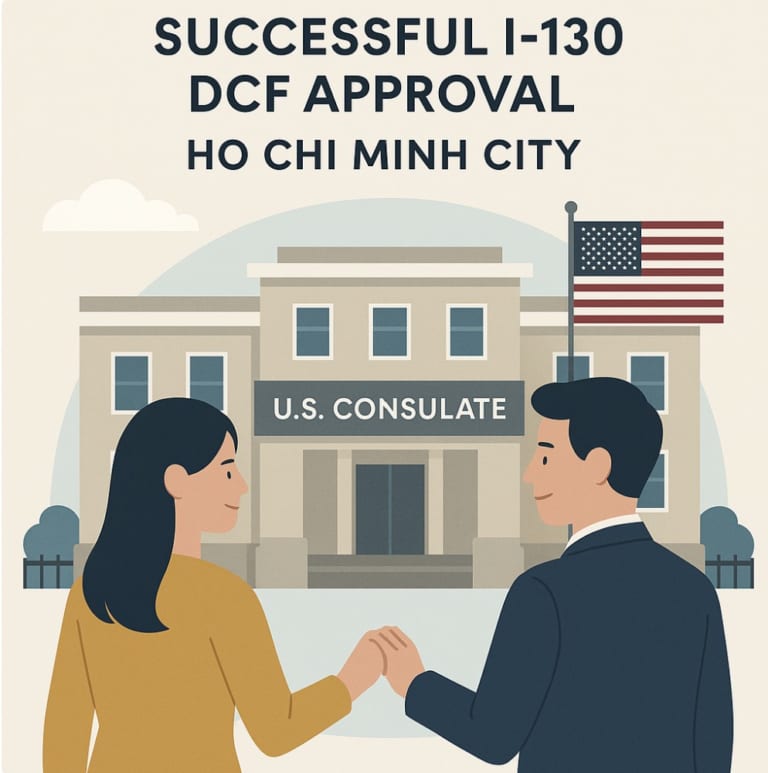On August 25, 2022 a settlement was reached in two cases between multiple plaintiffs against the United States Citizenship and Immigration Services (“USCIS”) that re-authorized previously approved regional centers which USCIS had deauthorized following the enactment of the EB-5 Reform and Integrity Act in March 2022. The settlement agrees to







